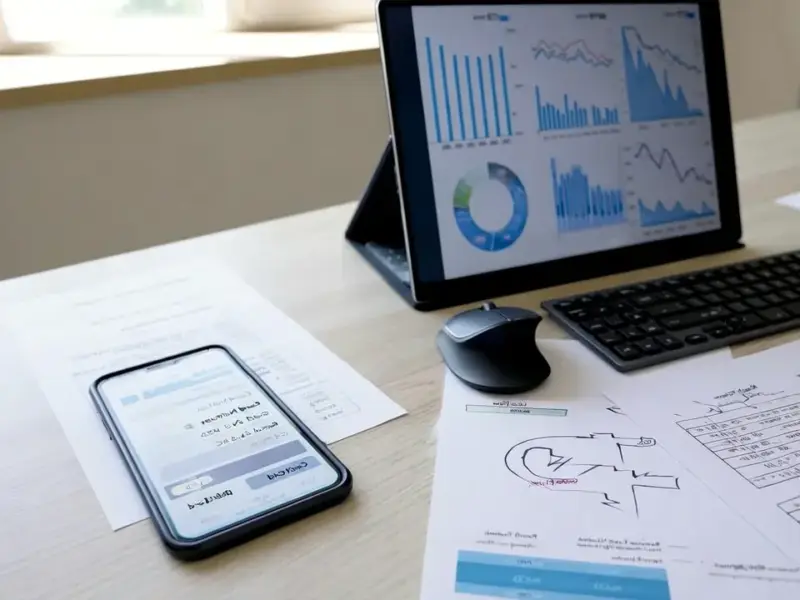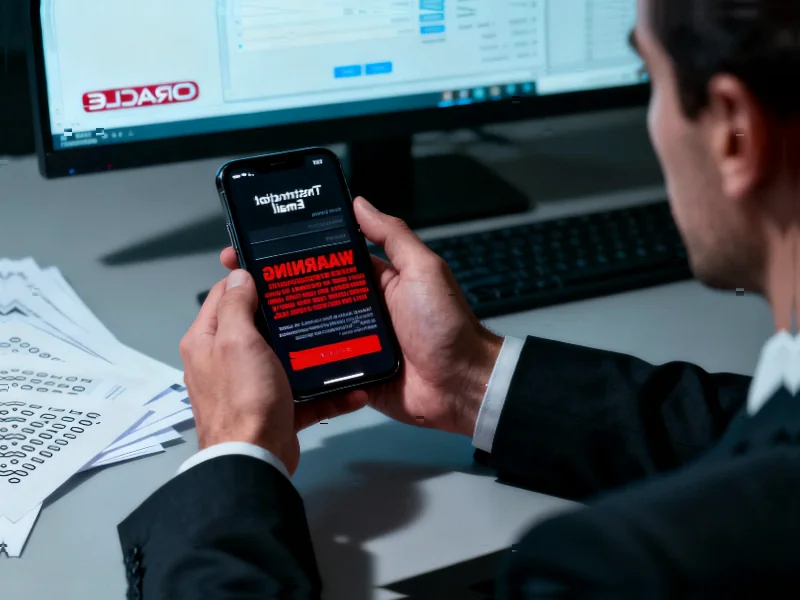According to Business Insider, DoorDash requires all corporate employees to make deliveries at least four times annually through its WeDash program, which has been formal since 2015. Vice President of Dasher and Logistics Cody Aughney, who’s been with the company nine years, regularly delivers food alongside the platform’s 8 million gig workers. CEO Tony Xu and other executives participate too, with the program becoming a key beta-testing method for new features. One recent WeDash-inspired change was a streamlined home screen that rolled out broadly in September after employee feedback identified clutter issues. The program has caught everything from outdated pandemic prompts to inaccurate order tagging that regular Dashers might not report.
Why this actually works
Here’s the thing – this isn’t just corporate theater. When executives actually use their own product, they experience the same frustrations as their gig workers. DoorDash CEO Tony Xu put it bluntly back in 2021: “If you’re at the surface level, you’re never going to actually realize what the problems are.” And he’s absolutely right.
Think about it. How many times have you used some corporate software and thought, “Did anyone actually test this before shipping it?” Well, DoorDash is forcing their people to eat their own cooking, literally. Uber CEO Dara Khosrowshahi even got tip-baited during his driving shifts – that’s the kind of real-world experience that changes perspectives.
innovation”>From necessity to innovation
Aughney revealed that WeDash started from pure necessity back when DoorDash was smaller. “We need to go dash now because we don’t have enough couriers,” he described the early days. But now it’s evolved into something much more valuable – a continuous feedback loop that catches issues big and small.
The streamlined home screen is a perfect example. Employees complained on internal Slack channels about clutter, the team redesigned it, then used WeDashers as beta testers before rolling it out to everyone. That’s actually smart product development. They’re basically using their own staff as a controlled testing group before exposing changes to millions of gig workers.
The little things matter
What’s really interesting is how WeDash catches the tiny, annoying issues that would never make it into formal bug reports. Aughney mentioned receiving an outdated pandemic message about masks and social distancing – something most Dashers would just ignore rather than report. But for product teams, those lingering artifacts make the app feel sloppy.
Or take the catering order tag issue the spokesperson discovered. The app labeled a small sushi order as “large catering” – technically correct based on the restaurant’s classification, but completely misleading for the actual delivery experience. Those are the kind of disconnets between system logic and real-world use that only surface when you’re actually doing the work.
Basically, this approach forces product managers and engineers to confront the consequences of their design decisions. When you’re the one carrying that “large catering order” several blocks to an office building, you suddenly care a lot more about accurate tagging.
Broader implications
This isn’t just a DoorDash thing either. Uber, Lyft, and other gig companies have similar programs. There’s a pattern here – when your business depends on a distributed workforce using your app in unpredictable real-world conditions, you can’t just design from an office. You have to get out there and experience the chaos.
And honestly, more companies should take this approach. Whether you’re building delivery apps or industrial equipment, there’s no substitute for hands-on experience with your own products. The insights you gain from actual use are just fundamentally different from what you get in meetings or through analytics dashboards.
So is this the secret to better product development? Maybe not for every company, but for platform businesses where the user experience is everything, it’s hard to argue with the results. When your executives are getting tip-baited and carrying mislabeled orders, you tend to fix those problems faster.




